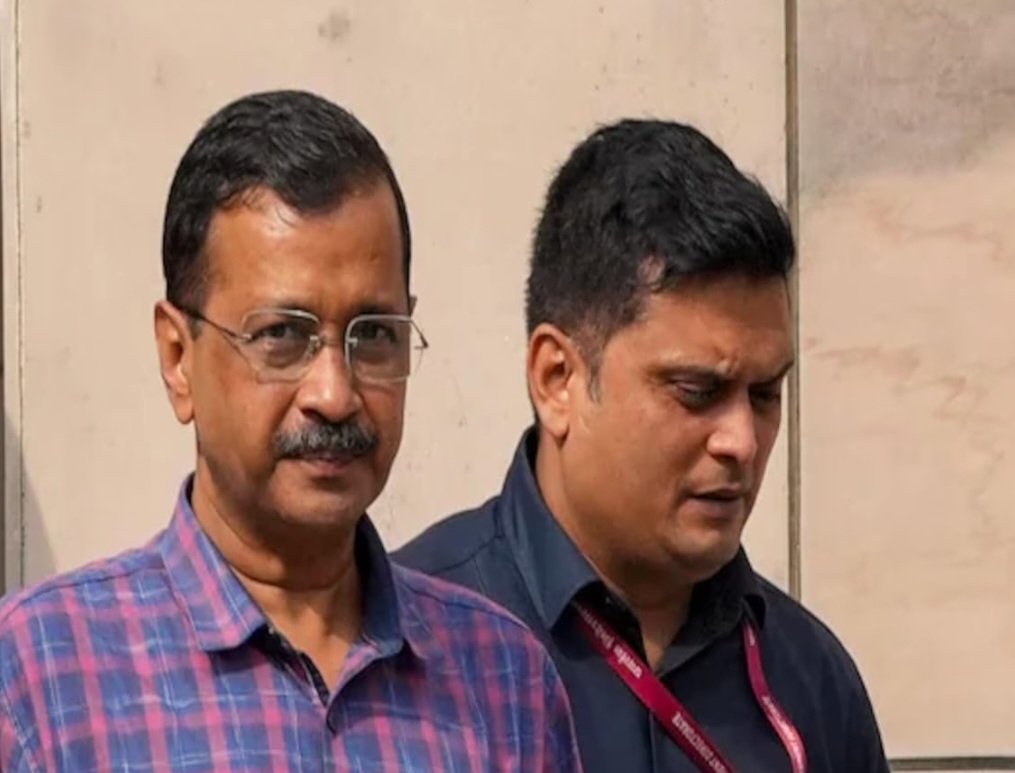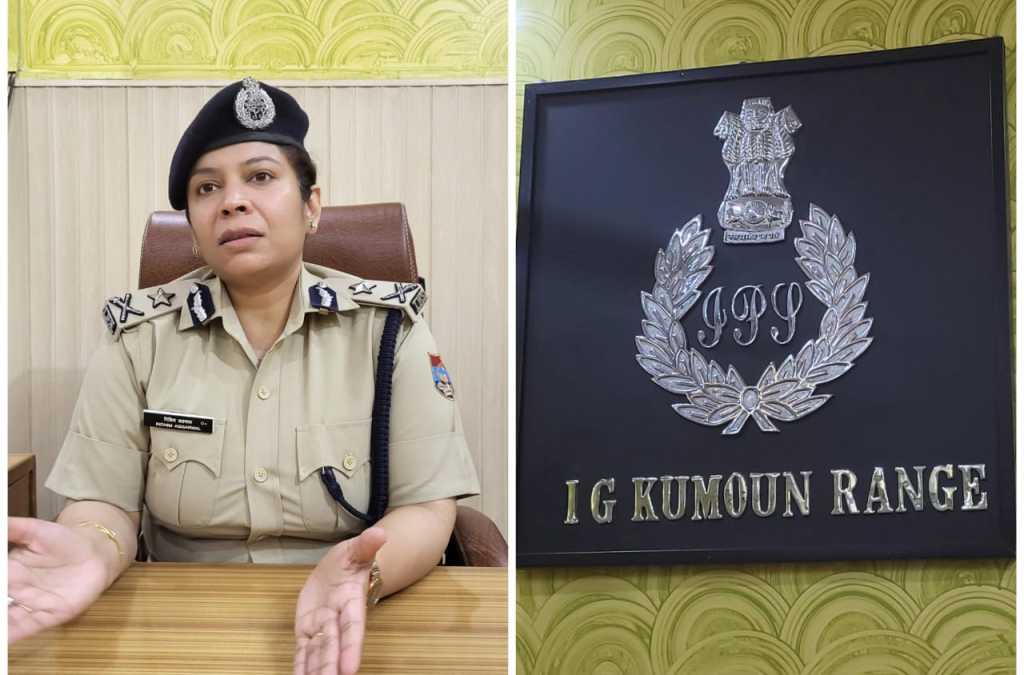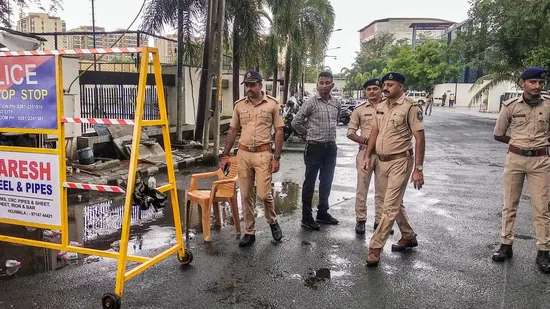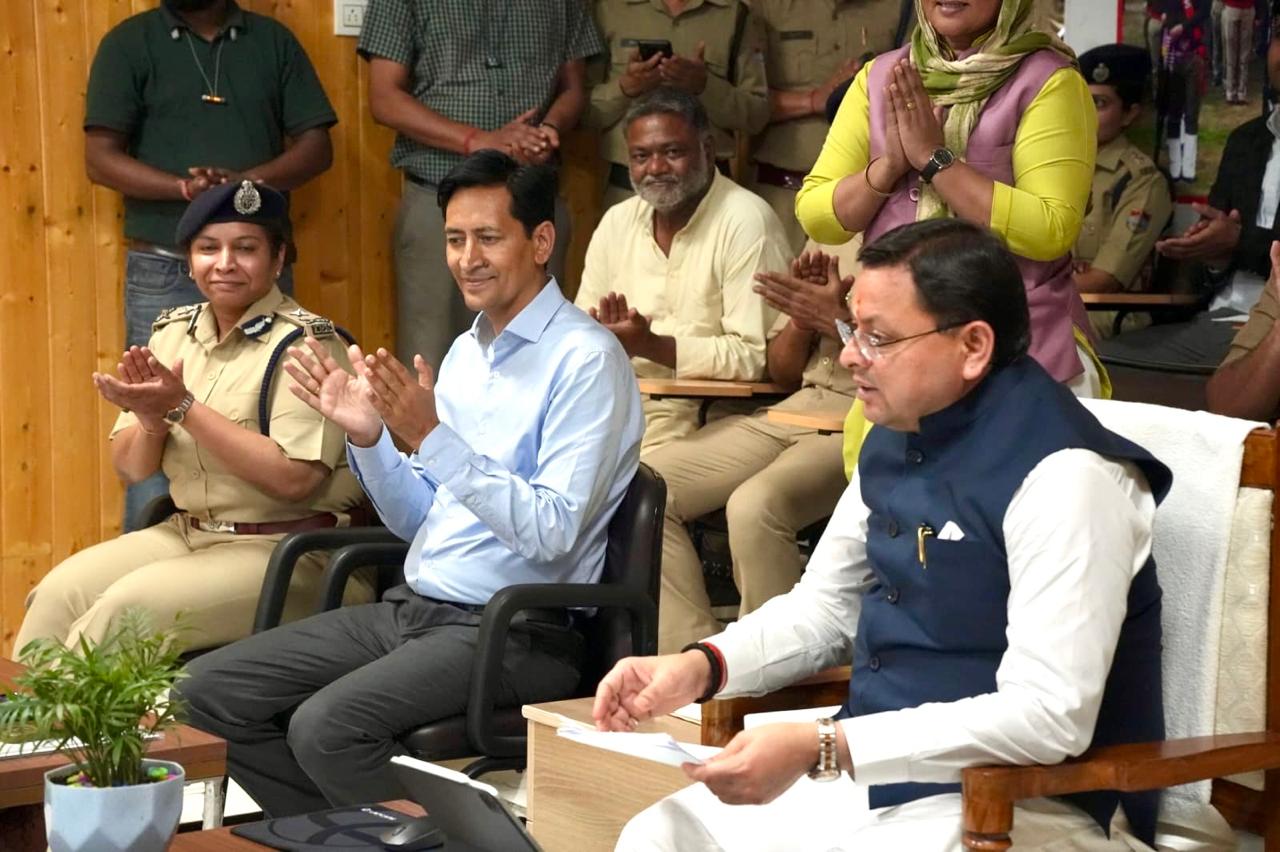Himalaya Harbinger, Rudrapur Bureau
New Delhi: Arvind Kejriwal will remain in jail after the Delhi High Court, on Tuesday afternoon, upheld its interim stay on a lower court granting the Chief Minister regular bail in the alleged liquor policy case.

The High Court argued that the lower court – Delhi’s Rouse Avenue Court – “didn’t apply its mind” when granting bail and pointed to what it said were lapses in judgement. These included not giving the prosecution enough time to argue the application and failing to properly discuss conditions for release in the Prevention of Money Laundering Act, under which Mr Kejriwal was charged.
Averments and allegations made in the main petition (in which the prosecution challenged Mr Kejriwal’s bail order) require due consideration…,” the High Court said, declaring the lower court had also failed to “discuss the vicarious liability of Arvind Kejriwal under Section 70 of the PMLA”.
This court has (therefore) decided that the vacation judge (in the Rouse Avenue Court, Niyay Bindu) did not appropriately appreciate material on record and the averments of ED,” the High Court said.
“Accordingly, the application is allowed and operation of the impugned order is stayed.”
ED Had Moved High Court On Bail
The High Court had been approached last week by the Enforcement Directorate – the federal agency that arrested the AAP leader in March in connection with the liquor policy case. The ED filed a last-gasp petition challenging a city court’s regular bail order, which it called “perverse” and “flawed”.
The High Court heard both sides and then directed an interim stay on Mr Kejriwal’s release pending its full verdict today. On Monday Mr Kejriwal moved the Supreme Court against that interim stay.
The Supreme Court refused immediate relief to the Delhi Chief Minister, noting it would be improper for it to intervene when the High Court had reserved its judgement.
It did, however, admit the High Court’s actions were “unusual”; Justice Manoj Misra said, “In stay matters, orders are not reserved but passed on the spot. What has happened here is unusual.”
“Why Can’t I Be Free?” Kejriwal Argued
In the top court – which last month granted Mr Kejriwal interim bail so he could campaign for his party, and the Congress-led INDIA opposition bloc, in the general election – the AAP leader argued that the “balance of convenience” was in his favour. “If bail is reversed, he will go back to jail… as he did after the Supreme Court’s interim release,” senior advocate Abhishek Singhvi had said.
Mr Singhvi also referred to the top court’s order granting Mr Kejriwal that interim bail, in which it acknowledged the AAP leader is not a “habitual offender” and has no criminal antecedents.
Why can’t I be free in the interim? I have a judgment in my favour…” he had asked.
Last Thursday Mr Kejriwal was given regular bail by the Rouse Avenue Court.
The court accepted his argument that the case against him rested only on statements from former accused who have since turned government witnesses. “Circumstances have to be so intrinsically linked (as to) lead to the guilt. Statements by tainted persons discredit prosecution’s case. There is no evidence ₹ 100 crore came from ‘South Group’. There is no evidence,” he argued.
Why Was Mr Kejriwal Arrested?
The ED arrested Mr Kejriwal over money laundering allegations while framing the Delhi liquor policy for 2021-22, which was later scrapped after the Lieutenant Governor raised red flags.
The ED has alleged that the money Mr Kejriwal and the AAP got from the liquor sellers – around ₹ 100 crore – was used to fund the party’s poll campaign in Goa and Punjab.
Both Mr Kejriwal and the AAP have rubbished the charges, calling them political vendetta and pointing out that despite months of searching the ED has still not found the alleged bribe money.










